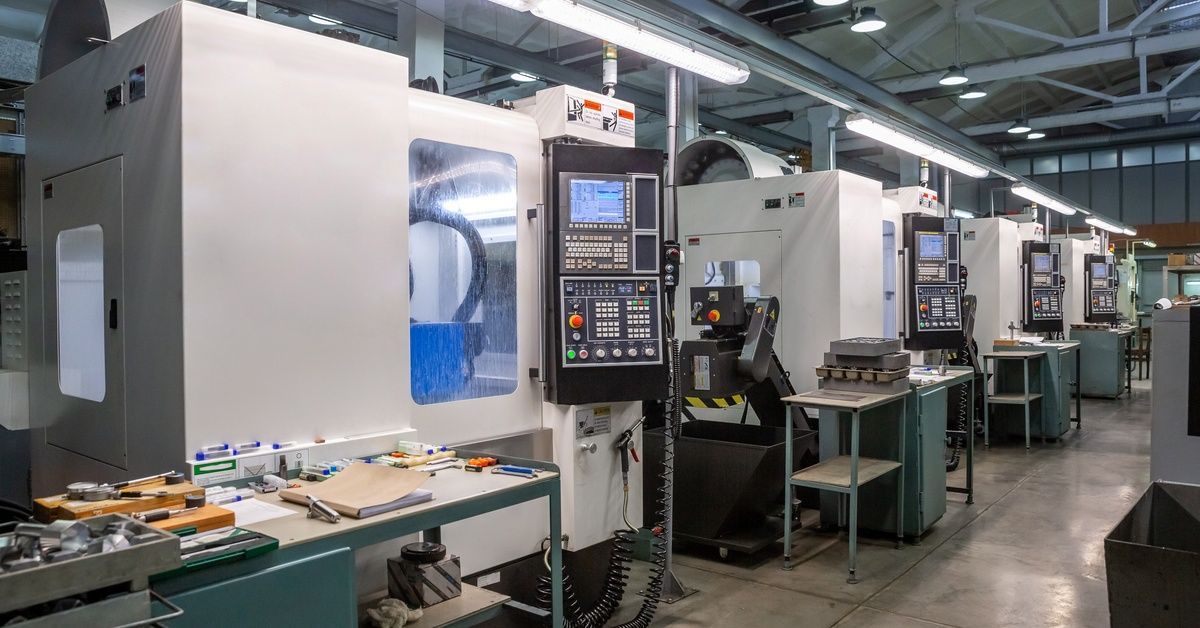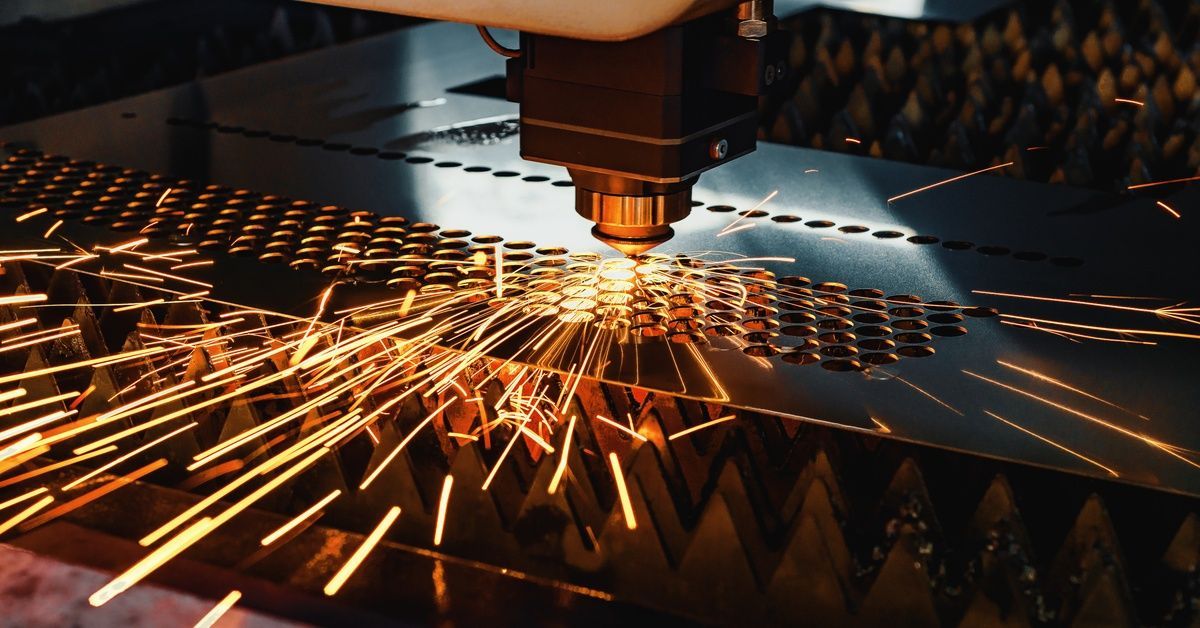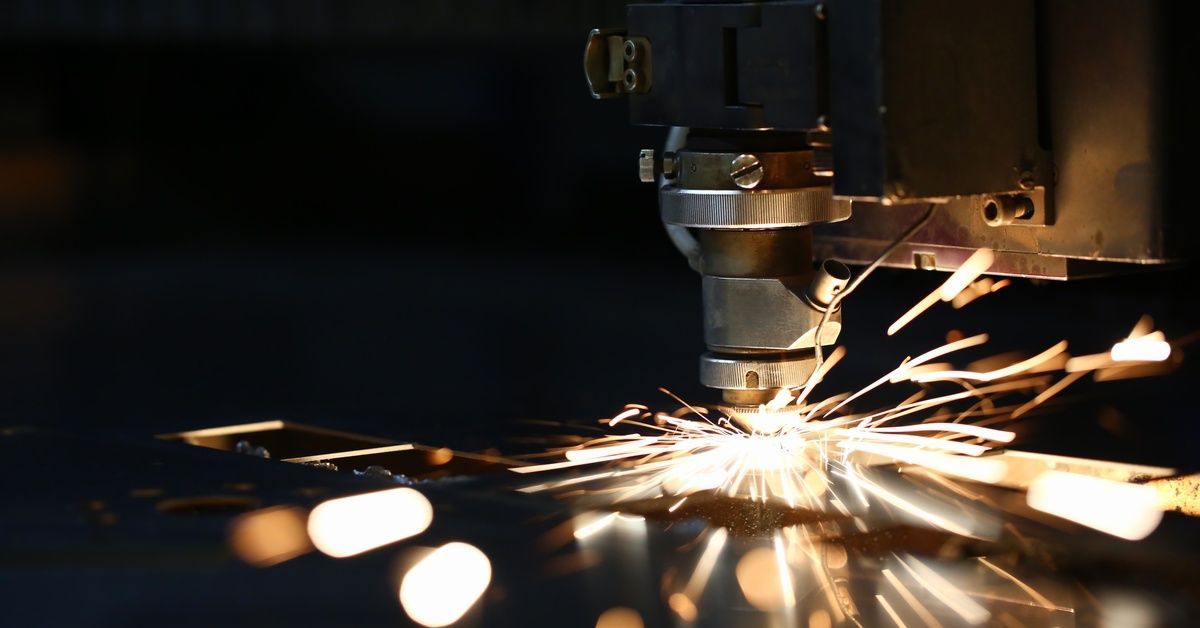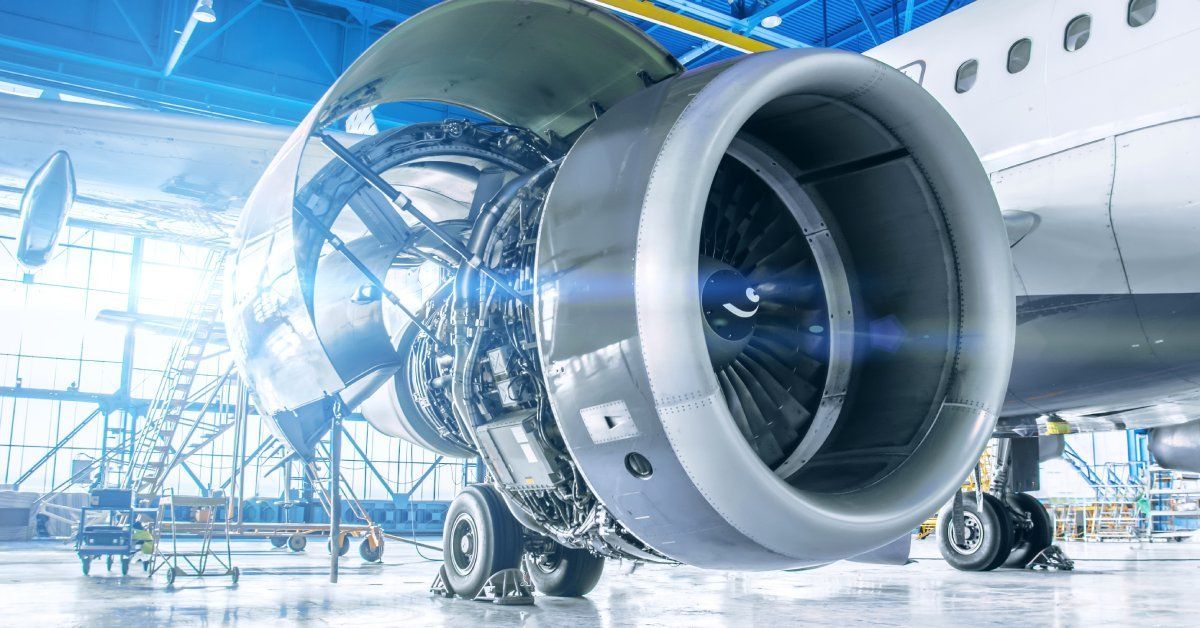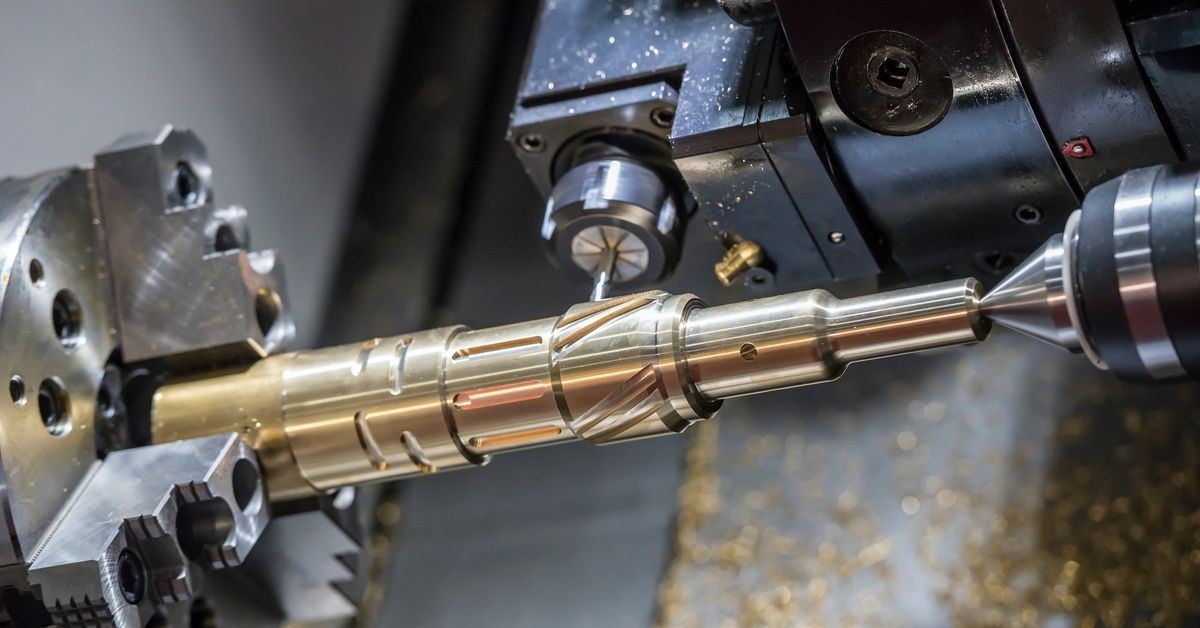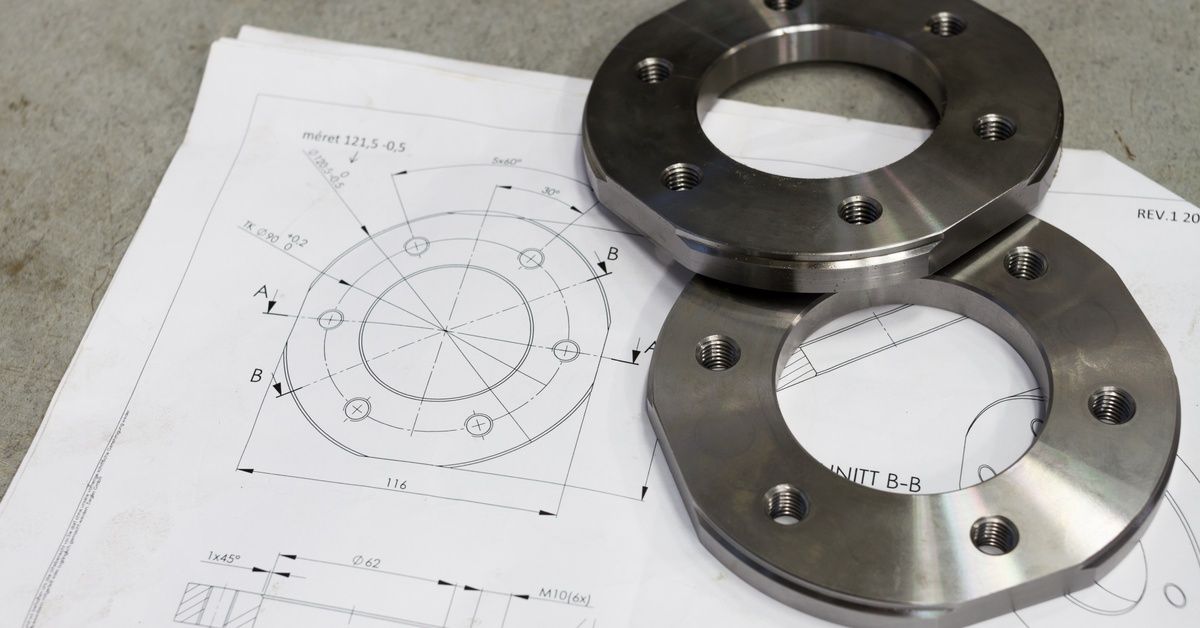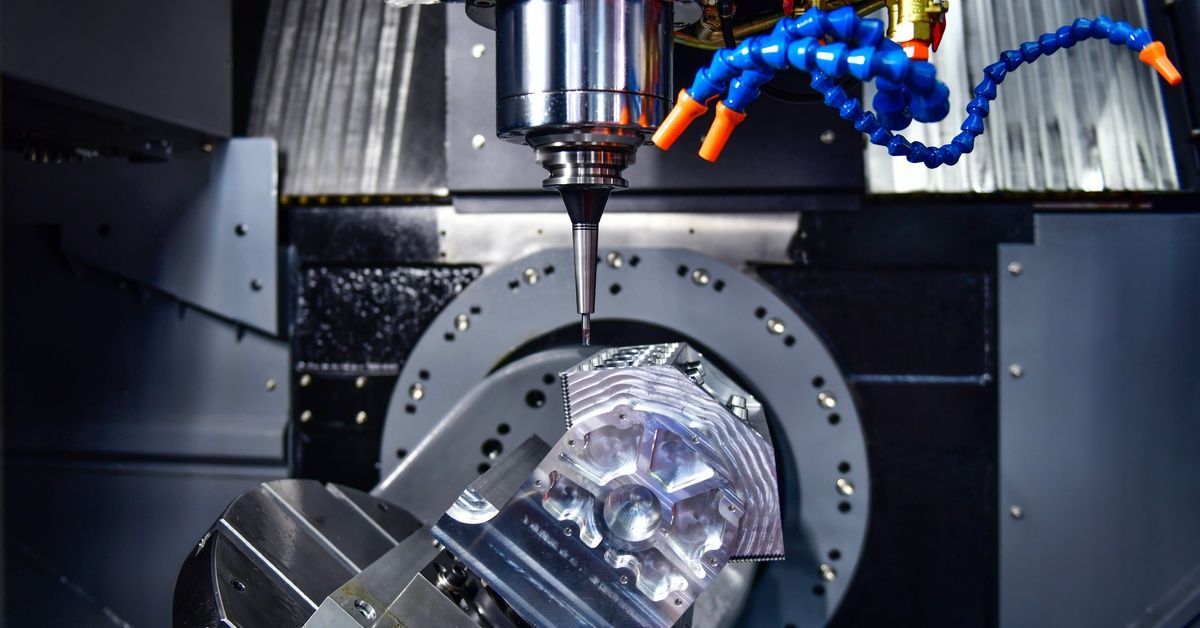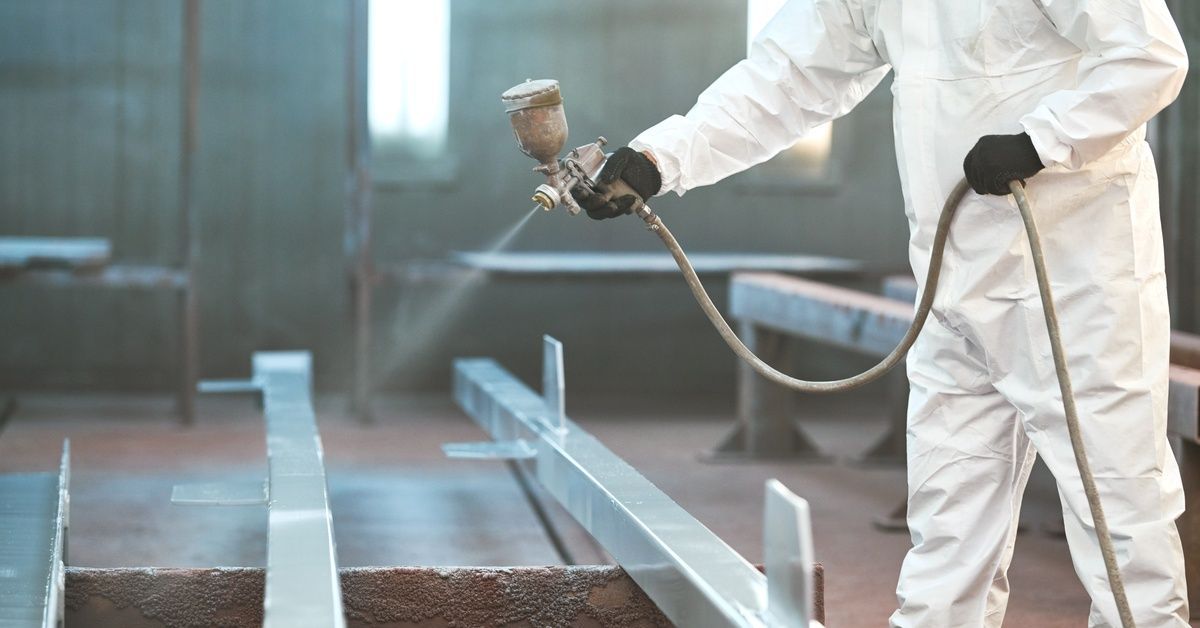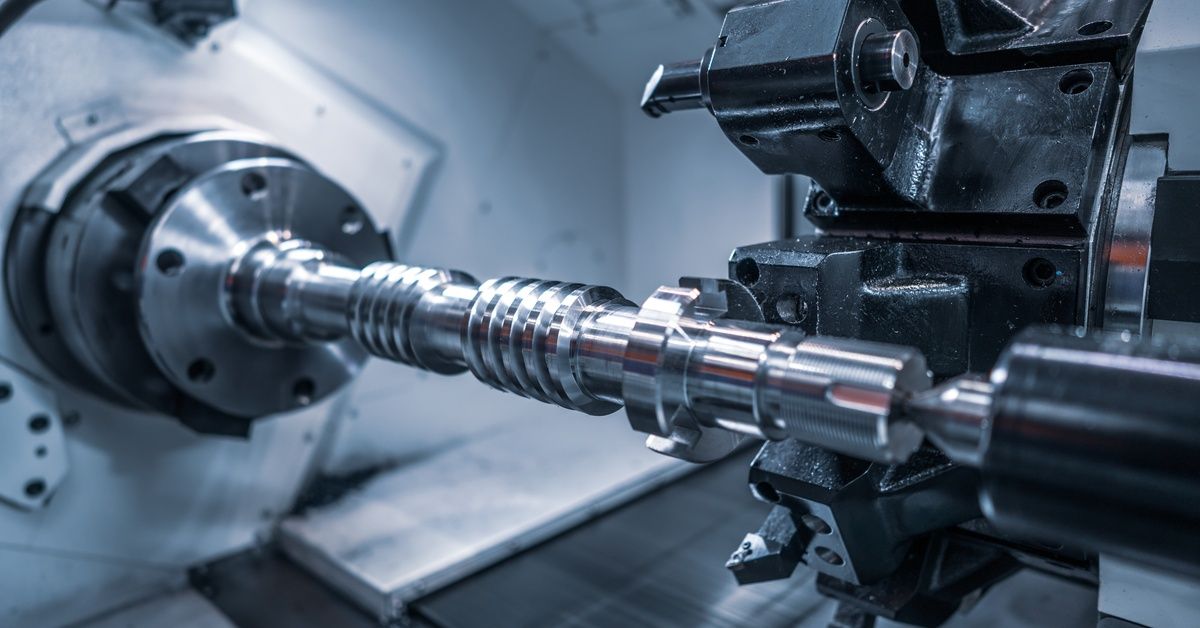9 Questions To Ask Your Custom Metal Fabricator
Business owners who outsource metal fabrication projects understand just how critical it is to choose the right partner. Metal fabrication is a complex process that requires precision, expertise, and the ability to meet unique design needs. Without asking the right questions, you risk partnering with a custom metal fabricator who may not be equipped to handle your requirements.
We’ve created some example questions to help you identify fabricators who possess the capabilities, experience, and commitment to quality for your project. Each question addresses a different aspect of the fabrication process, from technical capabilities to project management practices.
1. What Materials Do You Work With?
Understanding a fabricator’s material capabilities forms the foundation of a successful partnership. Some projects require different materials than others, and not every fabricator will offer the grade, alloy, and thickness of your required metal. Knowing the metals they work with helps you determine if they can handle your requirements.
A fabricator’s material experience directly correlates with their ability to deliver quality results. Fabricators who regularly work with your required materials understand proper handling techniques, welding requirements, and finishing processes. They can also provide clear information on how they source their metals for fabrication and whether this aligns with your project timeline and budget.
2. What Equipment Do You Use?
Equipment capabilities determine what a fabricator can produce and how efficiently they can complete your project. This includes advanced cutting and welding equipment, as well as specialized finishing tools, all of which play a pivotal role in meeting your design and quality expectations.
Modern fabrication shops invest in cutting-edge machinery to perform great work. Understanding their machinery helps you assess whether they can meet your tolerances, surface finish requirements, and production volumes.
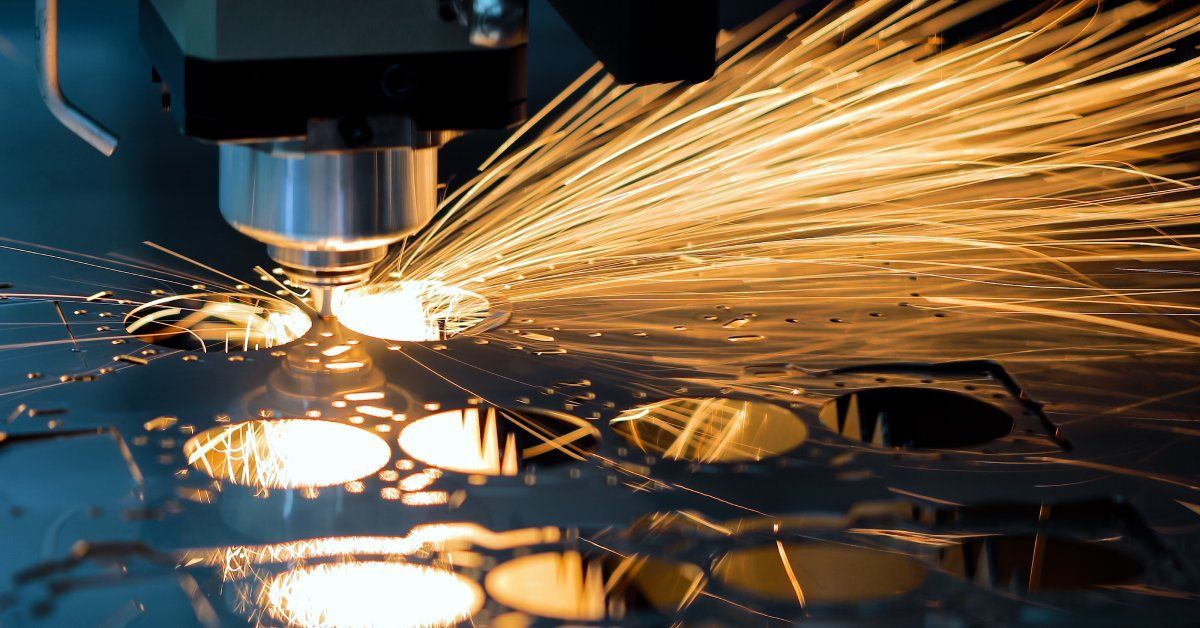
The age and condition of equipment matter just as much as the types of machines. Modern equipment in good shape ensures precision and quality, while outdated machinery may fall short on complex or precise projects.
3. How Much Expertise Do You Offer?
Two of the most important questions to ask a potential custom metal fabricator are what their experience level is and which industries they specialize in. Some fabricators excel at certain types of metalworking, such as welding or machining, while others have a broader range of skills. It’s crucial to find a fabricator who has experience in the type of work you need completing.
Fabricators familiar with your industry understand relevant codes, standards, and best practices. They can foresee potential challenges and provide proactive solutions during the design phase, saving you time and resources. Understanding a fabricator’s expertise guarantees they can handle your project’s challenges and requirements.
4. What Are Your Quality Assurance Methods?
Comprehensive quality assurance processes ensure consistent results and reduce the risk of defective parts reaching your facility. Understanding a fabricator’s approach helps you evaluate their commitment to excellence and the reliability of their output.
Ask about their inspection equipment and procedures. Quality control typically encompasses visual inspections, dimension verifications, and equipment process controls at various stages of production. A reputable fabricator should have a quality management system in place to ensure consistent results and minimize error rate.
Quality systems, such as ISO certifications, indicate a commitment to consistent processes and continuous improvement. In some industries, these certifications are essential to meet industry standards.
5. What Are Your Typical Lead Times?
Project scheduling requires realistic timeline expectations from your fabricator. Lead times depend on project complexity, material availability, and shop workload, allowing you to plan accordingly and identify potential scheduling conflicts. Experienced fabricators can usually provide realistic estimates based on your project specifications.
Consider asking about rush capabilities, as well. Some fabricators can expedite projects for additional fees, while others maintain strict scheduling policies. Knowing their flexibility helps you plan for unexpected timeline changes.
6. How Do You Handle Client Communication?
Clear communication prevents misunderstandings that can derail projects. Effective fabricators establish communication protocols that keep clients informed throughout the fabrication process. Regular updates, progress reports, and issue notifications demonstrate professional project management. Professional fabricators prioritize organized documentation, offering written quotes, detailed drawings, and accessible project records.
Clear communication enables fabricators to handle changes with client approval. As you select a custom machine shop for your next project, ask how they handle adjustments and how they keep clients informed in such situations.
7. Can You Provide References?
Reference checks validate claims about capabilities, quality, and service. Speaking directly with previous clients provides insights into actual performance rather than marketing promises. Past customers can share honest feedback about quality, timeliness, communication, and problem-solving abilities.
References should include projects similar in scope, complexity, and industry to your requirements. If possible, inquire about references from the past year that reflect their current staff and performance. By leveraging this feedback, you can make a confident decision when selecting your fabrication partner.
8. How Do You Structure Project Pricing?
Pricing structures vary between fabricators and can impact your project costs. Some fabricators charge fixed prices based on detailed quotes, while others use time-and-materials pricing. Understanding their approach helps you budget and compare options.
Material costs, complexity, tolerances, finishing requirements, and quantity affect final prices. Experienced fabricators can explain how these factors impact your specific project costs. Clear procedures and pricing methods for changes prevent disputes and keep projects moving forward smoothly.

9. Do You Offer Delivery Services?
Delivery capabilities affect project logistics and final costs. Some fabricators include local delivery in their pricing, while others arrange shipping through third-party carriers. Choosing a fabricator with in-house delivery services can streamline the process by offering single-source responsibility for transporting completed parts to your facility. This integration simplifies coordination and may reduce total project costs.
Inquire about the delivery area and capabilities they offer. Local fabricators often provide better delivery service and lower transportation costs than distant suppliers. However, specialized fabricators may justify higher shipping costs through superior capabilities or pricing.
Making Your Final Decision
Selecting the right custom metal fabricator requires asking relevant questions and carefully considering multiple factors. Technical capabilities, quality assurance practices, and timely completion all influence project success. The questions outlined above provide a framework for thorough fabricator evaluation.
At H&H Machine Service, we have over 30 years of experience providing custom metal fabrication services to agricultural, manufacturing, oil and gas businesses, and more. Our team is highly skilled and dedicated to providing the exact machining and welding work for your project. Contact us to learn more about why we are the most reliable fabricator in South Central Texas.
